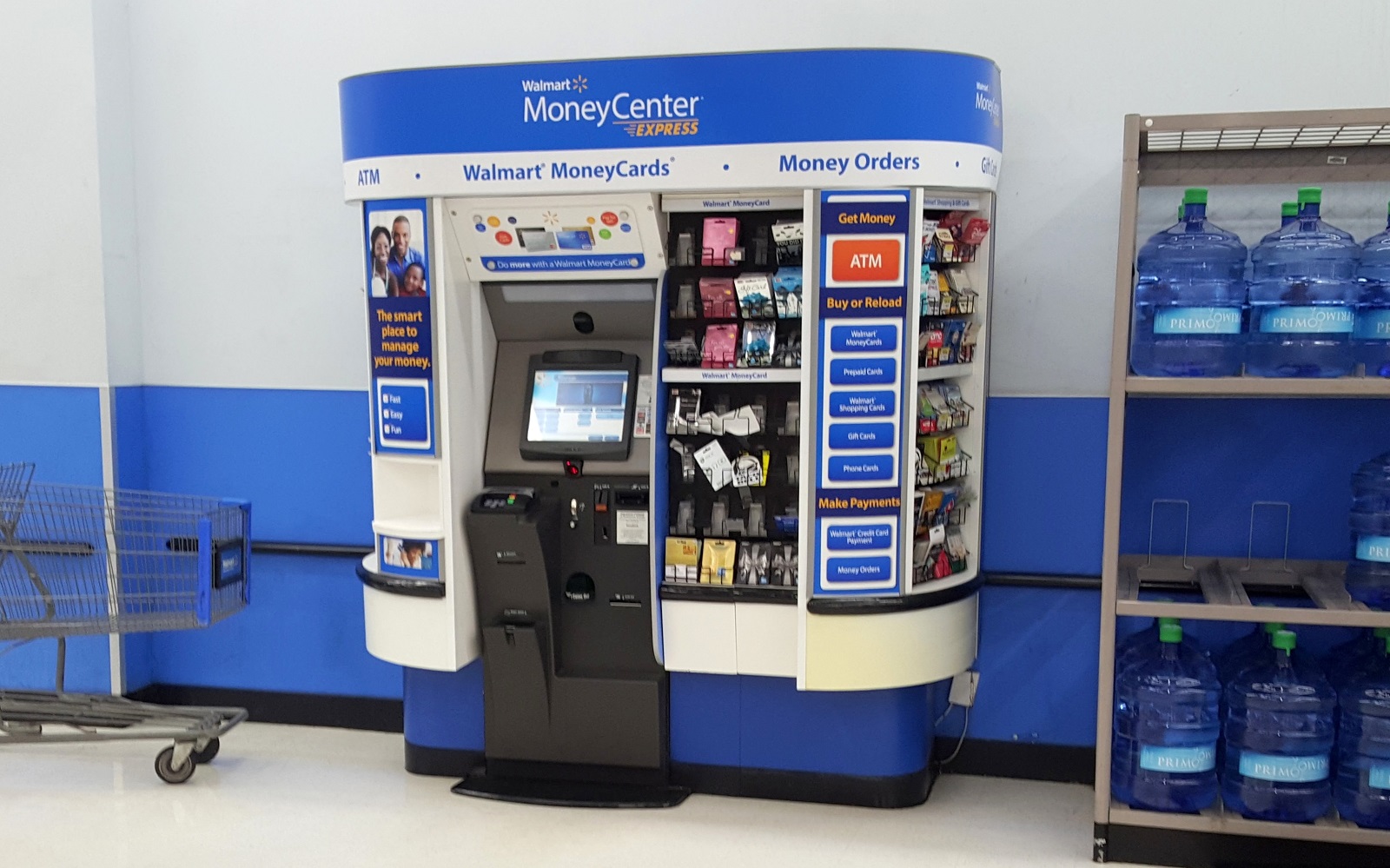
Are There Taxes On Credit Card Rewards? Breaking Down the Court Ruling
A recent ruling made by the US Tax Court could have some interesting effects on the taxability of credit card rewards going forward. Check out Mark’s post for the basic rundown of the case and the facts. The IRS has long held that credit card rewards are not taxable. The rationale behind the policy is that the reward itself acts as a discount or rebate on whatever property or services are being purchased by the consumer rather than income.
DISLAIMER: This is not legal advice and is meant as entertainment only. Please contact your legal and tax professional.
Here’s a quick overview of each parties position and argument.
Respondent (IRS) argues that the rewards earned by the couple in the form of statement credits are income rather than rebates because they acquired the rewards from the purchase of Visa gift cards, debit cards, and money orders which the IRS argues are cash equivalents and not goods or services that may be subject to rebates.
I’ve seen this covered in several blogs and so far the interpretations are a bit off- so here’s my take. To be clear, I am not giving legal advice in anyway, simply summarizing the ruling. There are 3 types of transactions where the Anikeevs earned rewards that are applicable to the case.
- Purchasing visa gift cards
- Adding money using their Amex to a reloadable debit card.
- Purchasing money orders directly with their credit card.
The case pretty much boils down to what is considered income v. what is property or a service. The confusion in most of the analyses I’ve read seems to be that people think the court’s decision is based on the “Cash equivalency doctrine” but the court explicitly states that they don’t believe that doctrine applies here at all. (“To avoid offending his own longstanding policy respondent seeks to apply the cash equivalence concept. As we will explain herein we do not find it is a good fit”)
Instead the court states that the reloads and the money order purchases are incompatible with the IRS policy excluding credit card rewards for product and service purchases from income, thus they are to be treated differently from the Visa Gift Card purchases.

So why does the court differentiate?
The court makes the point that the Visa Gift Card is a product and the service is that the gift cards are a convenient substitute to a credit card. On the other hand, the court stated that the money orders purchased with the American Express cards and the infusion of cash into the reloadable debit cards are difficult to reconcile with the IRS credit card reward policy of treating credit card rewards as rebates for goods and services. The reason being that no product or service is obtained in these uses of the American Express cards other than cash transfers. The money orders are not properly treated as a product subject to a price adjustment because they were eligible for deposit into petitioners’ bank account from acquisition. Similarly, the cash infusions to the reloadable debit cards were not product purchases.
The court hinted that the IRS might have had a better chance if they made a different argument:
“the Respondent has not asserted that petitioners should recognize gain on the exchange of the gift or debit cards into assets that could be deposited into their bank accounts (or the electronic transfer of money) attributable to the 5% rebates. Rather, respondent’s consistent position is that Reward Dollars generated ordinary income to petitioners when issued by American Express.”
(Seems like the judge thinks the IRS should have tried to tax the financial they received from turning the gift cards into cash.)
“Respondent’s analysis leaps to the cash equivalence position without an analysis of the origin of the Reward Dollars. Respondent’s (IRS) position holds weight only if the Reward Dollars were not an effect of the purchase price of goods and services. Otherwise, all Reward Dollars would be taxable as cash equivalent income.”
Taxes On Credit Card Rewards – Thoughts
To sum up the outcome, the court determined the rewards received from the reloads and money order purchases directly with the credit card were to be included in their income and taxable as a result. This is consistent with the treatment of referral bonuses because the rewards received are not as a result of a purchase. However, the rewards earned from purchases of Visa gift cards were not considered taxable in the case.
One thing that really stuck out to me was the last paragraph when the court states “We hope that respondent polices the IRS policy in the future in regulations or public pronouncements rather than relying on piecemeal litigation.” They’re basically telling the IRS to come up with a more detailed policy or explanation which is something I’m sure we’ll all be interested in.
There were a lot of comments wondering how this case came to be in the first place. One possible explanation for the IRS finding out about the rewards is that the Anikeev’s bank flagged them for suspicious activity for depositing a lot of money orders.



I posted the court documents and have some discussion here: https://www.fragiledeal.com/t/anikeev-vs-commissioner-tax-law-discussion/4105
I think it’s instructive to look at the questions in the 2nd stipulation – the taxpayer offers some good questions. The IRS overreached by trying to tax the income from the OBC redemptions without allowing the taxpayer to deduct the cost. However, if they allege this, now it becomes an administrative nightmare for anyone who deducts plane tickets or business expenses, since you would have to adjust the deduction by the value of the points received. You have something called de minimis for charitable deductions, which lets charities give people tote bags or calendars without reducing the amount which can be deducted, while not allowing them to give, say, NBA tickets and make it all tax deductible. But the IRS would have to come up with this threshold, which could ruin minimum spend bonuses.
The reason for the investigation was that it flagged so many suspicious activity reports from large, $5,000+ ATM deposits of money orders on consecutive days – towards the end of this scheme they were doing $20,000+ at a time.
I was surprised the court and the IRS didn’t focus on the amount of time they spent on the endeavor to to claim it was a business. There is a certain tipping point, when this is no longer a hobby and becomes a f/t job. To me, at that point, the “earnings” become income.
[…] New Court Ruling About Credit Card Rewards & Taxable Income: Analysis & What It Means […]
[…] New Court Ruling About Credit Card Rewards & Taxable Income: Analysis & What It Means […]
[…] New Court Ruling About Credit Card Rewards & Taxable Income: Analysis & What It Means […]